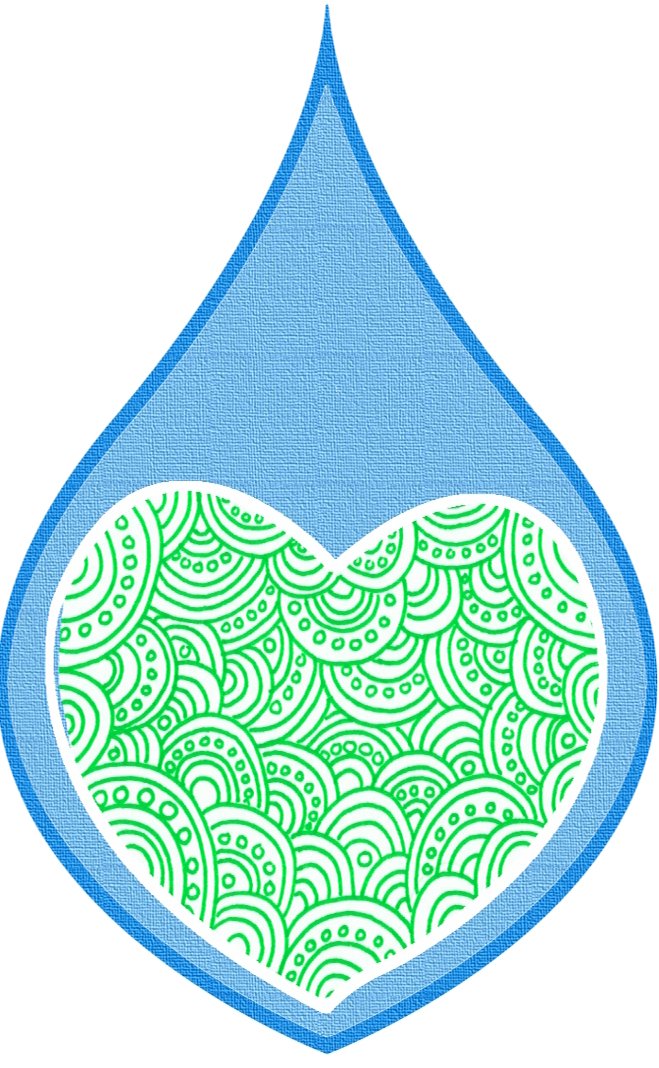A Few Good Reads
Hey everyone, I’m having a busy week and don’t have time to write anything, but I wanted to get something posted so here are a few of my favorite WASH related books. Book titles occasionally include the term field guide in a euphemistic sense, and such works very rarely are actually used in the trenches. With Field Guide to Environmental Engineering for Development Workers, however, a more literal take is in order. Indeed, on the inside front cover the readercontinue reading


